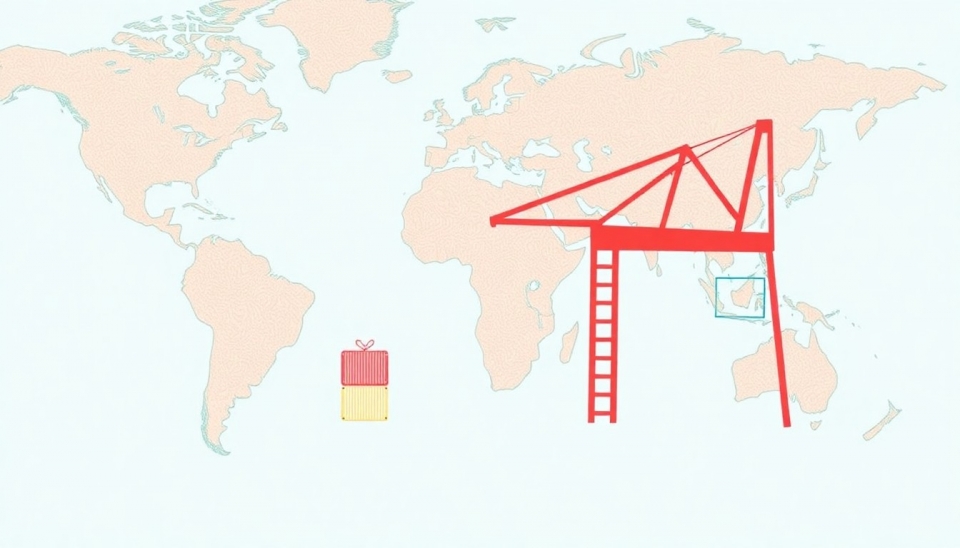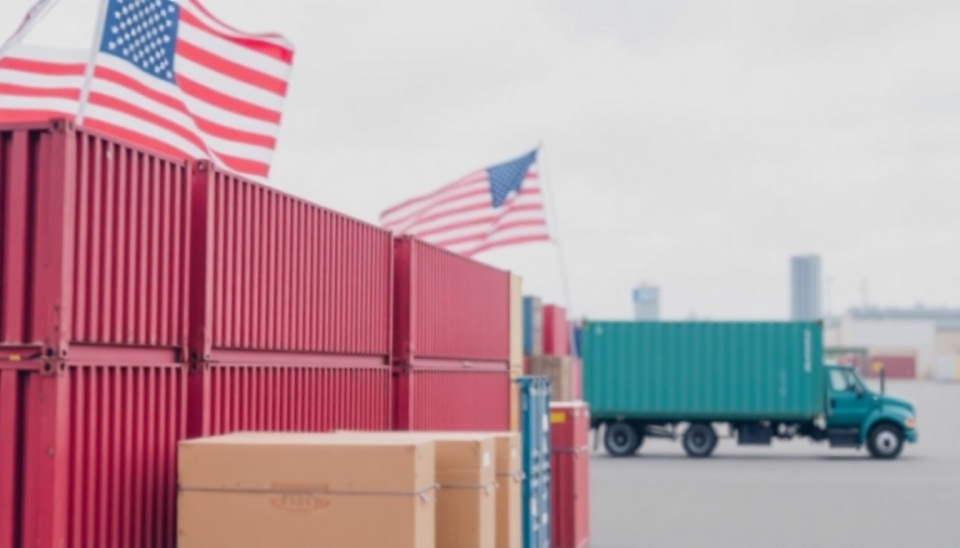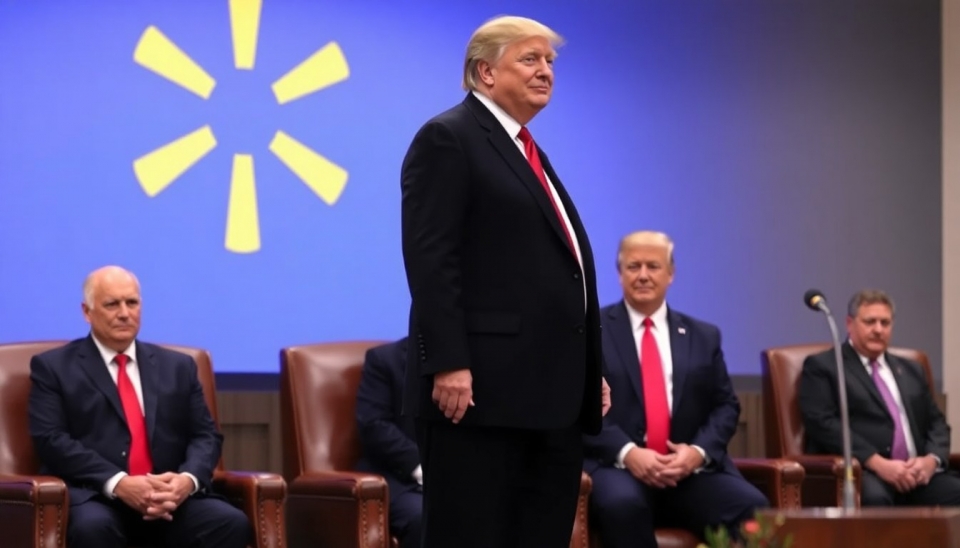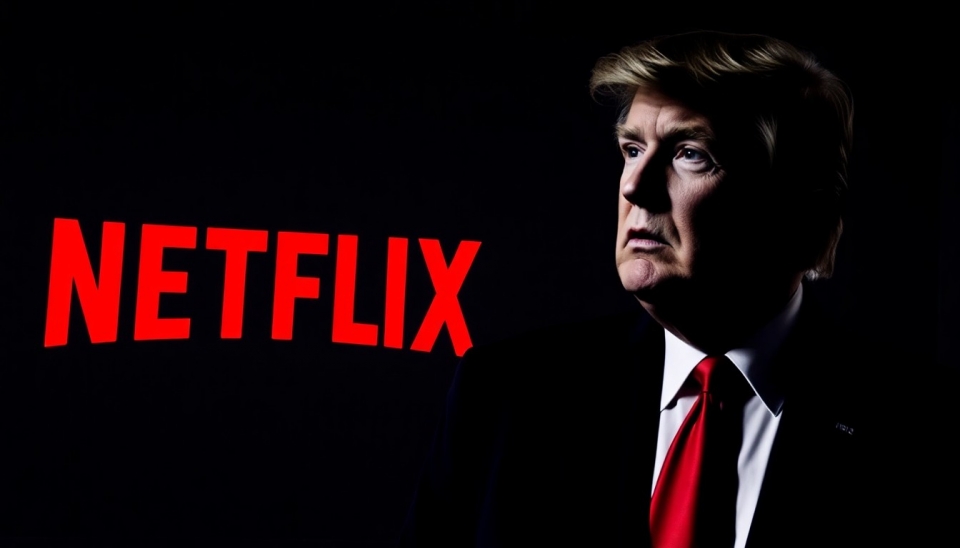The Wonders of Tax Code: How Businesses Can Avoid 25% Tariffs on Imports

Recent changes in the U.S. international trade policy have led to the introduction of a 25% tariff on certain goods imported from China. However, as experts in tax planning and international trade have discovered, there are loopholes that some businesses can exploit to avoid these tariffs.
According to analysis conducted by industry analysts, many companies have found ways to minimize their tariff-related expenses. They employ various strategies such as renaming products, altering their origin, and even participating in complex supply chain schemes. These methods allow companies to legally bypass taxes and significantly reduce procurement costs.
For example, some businesses have started importing goods through third countries. Instead of direct imports from China, they first ship products to a country with lower tariff rates, and then supply them to the U.S. This strategy not only helps evade high tariffs but also provides new opportunities for profit maximization.
Some experts also note that small companies, which can adapt more flexibly to changes in the tax code, often utilize these loopholes much more efficiently than large corporations with rigid supply structures.
In light of this, government authorities express concerns about such methods, emphasizing the need for tighter control and prevention of possible abuses. Leading officials stress that loopholes in tax legislation not only violate the spirit of the law but also threaten the integrity of trade.
Along with this, the introduction of new tariffs and evasion schemes is expected to bring further changes in international trade. How the situation will unfold in the future and how the government will respond to this issue remains unclear. However, experts expect that businesses will continue to seek new ways to optimize their tax burden.
#tariffs #trade #taxplanning #import #business #Economy #USA #China




